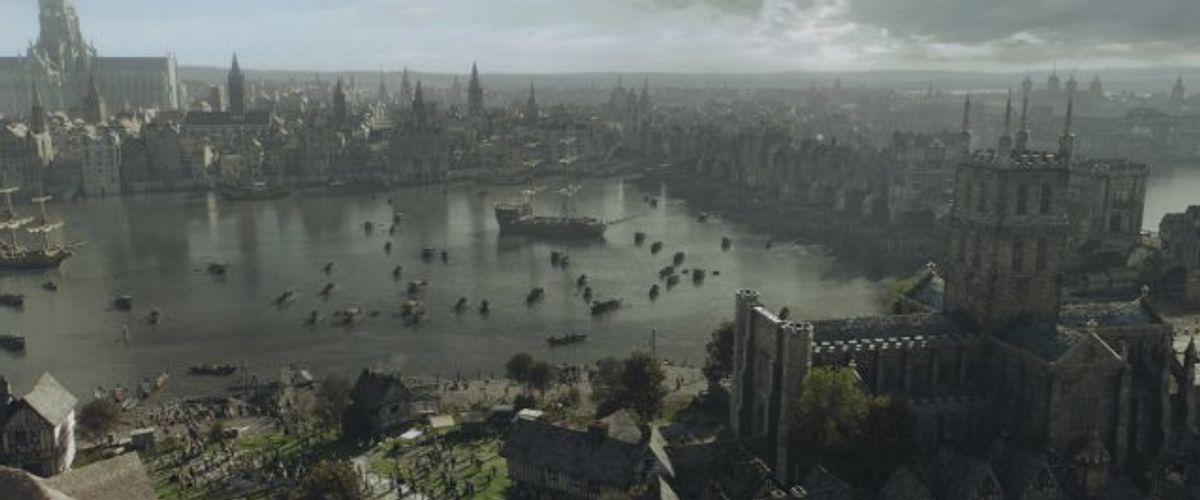An article in our August issue that looked at the intersection of Internet culture and Shakespearean studies (“Who Was Shakespeare? The scholarly world isn’t sure, but Wikipedia is,” by contributor Mark Anderson) evoked some thoughts from an IEEE member whose devotion to engineering apparently doesn't eclipse his love of literature.
Don Rebsch, a Life Member who lives in Arlington Va., wrote not to disagree that Shakespeare might not have written the Shakespeare oeuvre but to argue we have the wrong man:
Mark Anderson's Geek Life entry (August 2011), failed in its due diligence by supporting de Vere as the real author of Shakespeare's plays. De Vere died inconveniently before the last seven plays were written (1604 to 1614), leaving his proponents with some 'splaining to do. If Anderson had read Truth Will Out, by Brenda James and William Rubinstein (HarperCollins, 2006), he would have found brilliant statesman Henry Neville, who was an exact contemporary of the Bard, along with enough documentary evidence, family trees (showing a blood relation between author and front-man), and unique historical coincidences between the two, confirming them to be at the right places at the right times. The case for Neville is iron-clad (he also ran an iron foundary and launched expeditions to America). Anderson prompted me to re-read this book, which is exhaustively researched, although it's not an easy read.
Anderson, who besides being a regular contributor to IEEE Spectrum is the author of the 2005 book, Shakespeare By Another Name (Penguin Group), sent us this response:
Thanks to Dr. Rebsch for reminding readers that the "Shakespeare authorship" debate rages on and is far from settled today. I am certainly familiar with The Truth Will Out and indeed have shared a podium with one of the book's authors on two occasions. To be completely even-handed, one must not just look to Edward de Vere, Earl of Oxford (widely considered the leading alternative "Shakespeare" candidate), and Henry Neville but indeed to the eight or more possible authors/contributors to the Bard's canon actively advocated today. The Shakespearean Authorship Trust in London and www.authorshipstudies.org in Portland, Ore. keep a tally of candidates, resources, conferences and related events germane to the ongoing investigations into something that a Wikipedia page devoted to the topic has arguably (as discussed in my article) given short shrift.
The Shakespeare authorship question is going to go wide this fall when a new movie reaches movie screens in both the United States and the UK. Anonymous is an historical thriller set in the court of Queen Elizabeth I. Anderson, who has been following the film’s production, describes the story as follows: An unacknowledged heir to the throne writes celebrated plays like Hamlet and Macbeth, which are in turn sold to the public as coming from the pen of actor/front-man Will Shakespeare.
It, and another movie, Iron Sky, also to be released this fall, have some groundbreaking CGI production methods, and Anderson will return to the pages of IEEE Spectrum in November to describe them.



